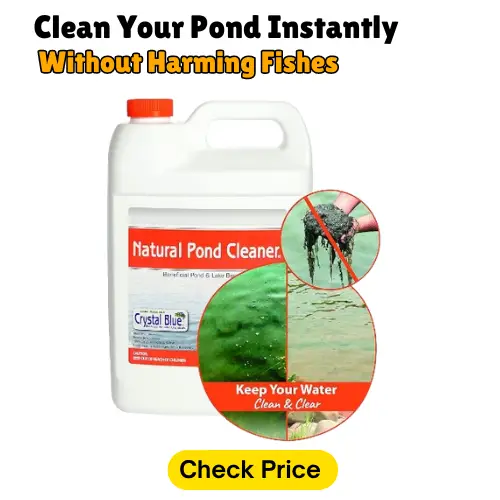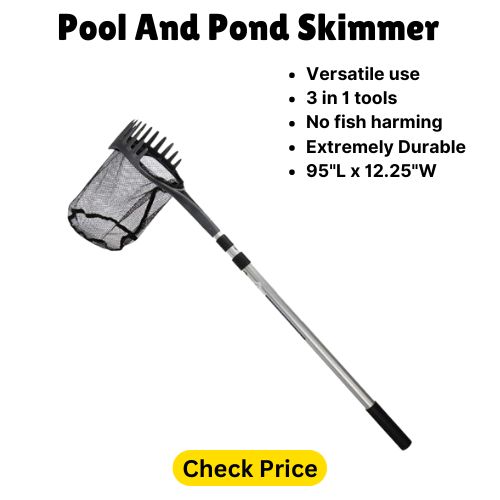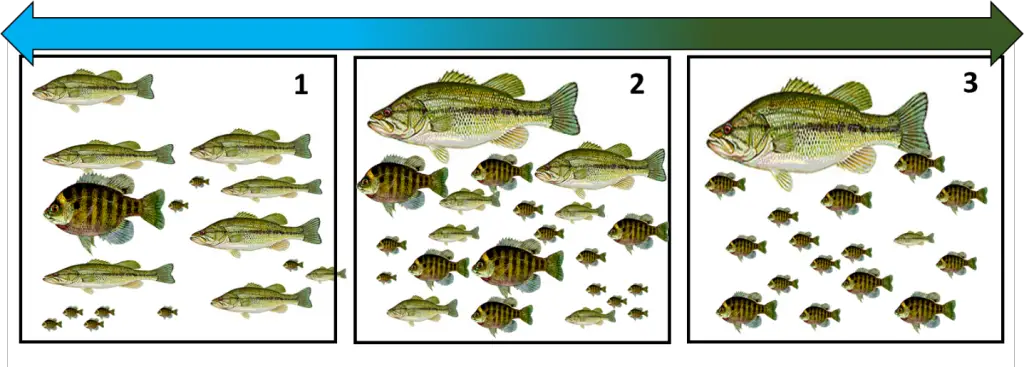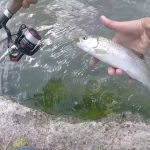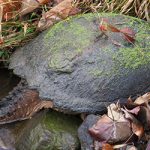When it comes to bass fishing, understanding what bass eat in ponds is crucial for success. Bass are opportunistic feeders, and their diet can vary depending on the environment and the availability of prey. Knowing the types of food bass consume in ponds can help you choose the right bait and improve your chances of landing a big catch.

Credit: www.youtube.com
1. Small Fish
Bass are voracious predators and they primarily feed on small fish in ponds. Species like minnows, shad, and sunfish are common targets for bass. These small fish provide a good source of protein and energy for bass, making them a preferred meal.
2. Insects and Bugs
In addition to small fish, bass also feed on insects and bugs that inhabit the pond environment. Creatures like crayfish, dragonflies, and aquatic insects are part of the bass diet. These smaller prey items are essential for bass, especially in ponds with limited fish populations.
3. Frogs and Amphibians
Bass are known to prey on frogs and other amphibians that reside in or around ponds. Frogs make tempting targets for bass due to their size and movement. Bass are skilled at ambushing these amphibians, making them a significant part of their diet in pond ecosystems.
4. Crustaceans
Crustaceans such as shrimp, crawfish, and small crabs are also on the menu for bass in ponds. These aquatic creatures provide a nutritious meal for bass and are often found in the shallower areas of ponds where bass can easily hunt them down.
5. Aquatic Plants and Algae
While bass are primarily carnivorous, they also consume aquatic plants and algae, albeit in smaller quantities. This plant matter can be ingested incidentally while bass are feeding on other prey items, and it can provide some essential nutrients for their diet.

Credit: www.groworganic.com
6. Opportunistic Feeding
Bass are opportunistic feeders, meaning they will eat whatever is available and easy to catch. This includes small rodents, birds, and even other smaller bass. Their adaptability and willingness to feed on a variety of items contribute to their success as predators in pond environments.
7. Human-Provided Baits
For anglers, using artificial baits such as crankbaits, soft plastics, and topwater lures can effectively mimic the natural prey items of bass. Understanding the natural diet of bass in ponds can help anglers select the right artificial baits to entice strikes from these predatory fish.
Overall, bass in ponds have a diverse diet that includes small fish, insects, amphibians, crustaceans, and even some plant matter. Understanding the feeding habits of bass can improve your fishing techniques and increase your chances of catching these elusive and prized fish.

